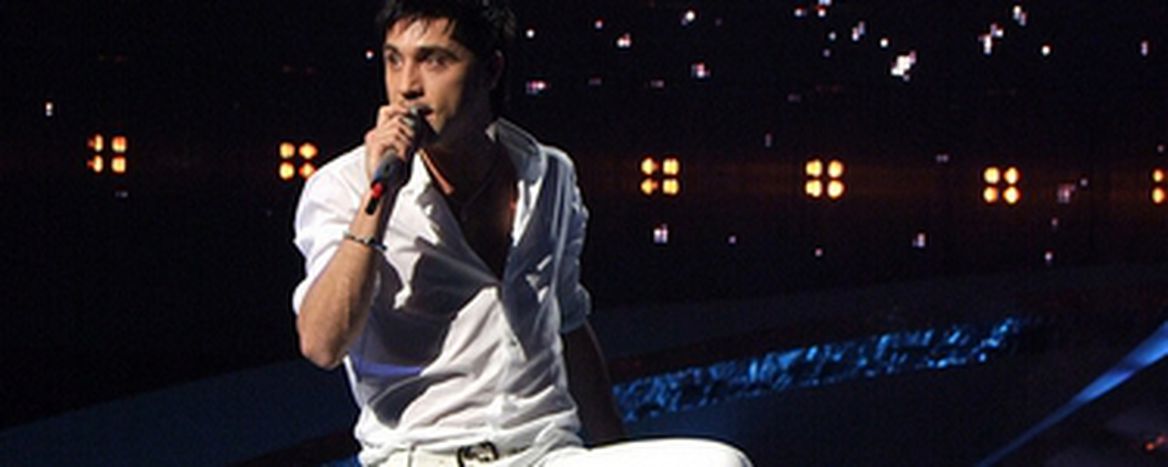
Eurovision 2009: kitsch but politically correct
Published on
Translation by:
Gemma TurnerWatching the best party that a flagging Europe is supposed to provide reminds me more of watching the antics at an elderly relative’s birthday party. Extravaganza, my eye. The only aspect that continues to emerge like a beast year in, year out is its political censorship from Spain to Russia
The Eurovision Song Contest has been on our screens every year since 1956 when it was created. The first festival was held in Lugano, Switzerland and was hosted by Lohengrin Filipello. Back then it was mainly just a radio show although there were some cameras, but they broadcast their signal only to those lucky enough to own a television set.
A considerable amount of time has passed since 1956. As in the ‘prehistoric’ times of Eurovision, the ageing festival is becoming more and more like a quaint foreign market. It's an exciting back room of a shop or a colourful bazaar in which the strangest clothes are on display, as well as bizarre ornaments and crazy accessories which are draped everywhere. The participant countries have point allocations which are as random as a game of roulette. It is easy to feel like you are watching the wrong thing, like we were in the same studio but on another set. If this wasn’t enough, the strange bazaar is highly charged with politics. It was hoped that with Eurovision regional issues and neighbourly rivalries would be resolved between spotlights and props and trills and shrills. We could be proud of our countries…We hoped, but it never happened because the blunt censorship of the ages continued.
Spain, Georgia and Belgium between 1968-2008
Exercising this censorship the powers that be vetoed any lyrics that had been branded as indecent or may upset someone’s political beliefs, be they about race, creed or principles. For example in 2008 the Spanish entry had to change the lyrics to their song Chiki-chiki so that they did not mention the Venezuelan leader Hugo Chávez or Mariano Rajoy, the leader of the opposition party in Spain. Just because an entry wants to be artistic, imaginative or innovative doesn’t mean that they are forced to be lewd, risqué, incisive, acute, intelligent, critical and in a certain way anarchistic.
In 2009, the meagre merry-go-round had something to suit everyone. The Georgian group Stephane and 3G were vetoed with We Don’t Wanna Put In, as it alluded to the Russian president Putin and the previous summer’s invasion of Georgia by Russia.
Then Israel had its turn, bringing Mira Awad, a young christian singer of arab ethnicity, into its ranks for the first time. It triggered criticism of the left-wing elite and of certain muslim sectors because it made the country appear to be multicultural. Others believed it to be a scandal since Mira was not representing the right region.
More conceited tongue wagging came from Belgian Elvis fans who were in uproar because they felt that Patrick Ouchene was offensive to the king with his song Copycat and a look resembling Presley. Yes, it wasn't about Belgian king Alberto II.
All this harks back to a day when Spain was ruled by the dictator General Franco, who banned the release of the music of Joan Manuel Serrat (a singer from Barcelona). Serrat had refused to go to Eurovision in 1968 because the authorities would not allow him to sing in his mother tongue, the regional language Catalan. Massiel was to replace him and sing the song La, la, la in Spanish and beat Cliff Richard's Congratulations to number one in the contest.
Serrat launched a glorious campaign from Latin America to rule the charts in the same year and 1969. Eurovision would be quite a spectacle - if it weren’t for the fact that the politics can makes your skin crawl.
Translated from Eurovisión: cutre pero políticamente correcto



